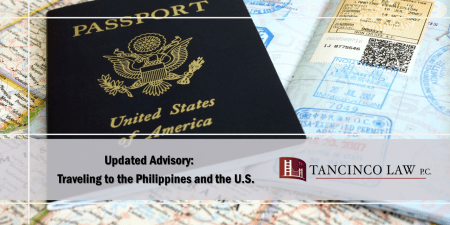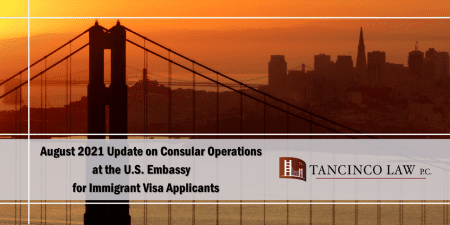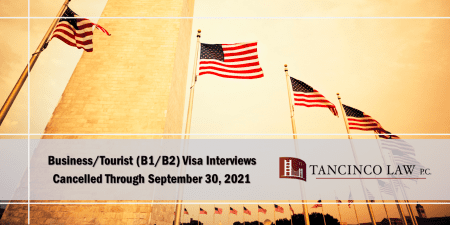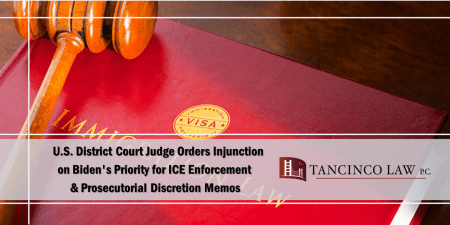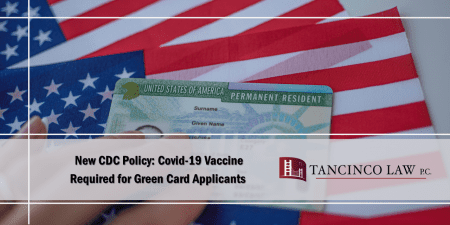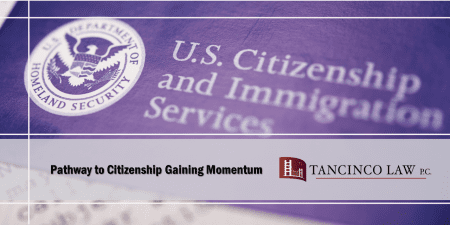TRAVELING TO THE PHILIPPINES
Entry restrictions remain in place. According to the guidance issued by the Philippines Bureau of Immigration (BI), individuals in the following categories should be allowed to enter the Philippines, subject to the maximum capacity of inbound passengers at the port and date of entry, until further notice:
- Foreign nationals with valid and existing visas at the time of entry.
- Foreign nationals allowed entry under the Balikbayan Program (RA6788), provided they are nationals from non-visa-required countries under Executive Order 408:
- Former Filipino citizens, together with their foreign spouses and children, regardless of age, who are travelling with the former Filipino citizens; and
- Filipino citizens’ spouses and children, regardless of age, who are travelling with the Filipino citizen.
- Foreign nationals who are holders of valid and existing Special Resident Retiree’s Visas (SRRV) may be allowed entry without the need for an Entry Exemption Document (EED).
- Foreign nationals who are holders of valid and existing 9(a) or Temporary Visitor’s Visas, provided they present, upon arrival, an EED issued by the Department of Foreign Affairs (DFA), except for foreign spouses, parent/s, and/or children of Filipino citizens with valid 9(a) visas who are allowed entry to the Philippines without the need of an EED as of August 1, 2021, per IATF Resolution 128
The IATF recently approved the following revised rules for “Green Lanes” that will apply to fully vaccinated international passengers arriving in the Philippines as of July 26, 2021, except for Section 9(e) visa holders. These rules apply only to those whose point of origin is a Green List country/jurisdiction/territory.
NOTE: The United States is NOT included in the list of “Green” countries per IATF Resolution 124-A.
Quarantine Information:
Individuals granted permission to enter by the Philippine authorities must undergo a 14-day quarantine and must have a confirmed booking for the first ten days at a hotel accredited by the Philippine Tourism and Health Agencies while awaiting their COVID-19 test results. The remaining four days will be a home quarantine under the local government unit of destination. U.S. citizens must stay at the booked hotel until they receive a Philippine Bureau of Quarantine medical certificate.
Per IATF Resolution 123-C, all arriving individuals fully vaccinated in the Philippines regardless of travel history, and those vaccinated abroad who stayed exclusively in “Green” countries/jurisdictions (see IATF Resolution 124-B) in the past fourteen days immediately preceding arrival, shall be required to undergo a seven (7) –day facility-based quarantine upon arrival, with the date of arrival being the first day. Note that the United States is not included as one of the green countries.
TRAVELING TO THE UNITED STATES
All airline passengers to the United States (including U.S. citizens and Lawful Permanent Residents) ages two years and older must provide either a negative COVID-19 viral test taken within three calendar days of travel or provide a positive test result and documentation from a licensed health care provider or public health official of having recovered from COVID-19 in the 90 days preceding travel. Passengers must also attest, under penalty of law, to having received a negative qualifying test result or to recovery from COVID-19 and medical clearance to travel.
U.S. citizens in countries where adequate COVID-19 testing is not available or may not be able to satisfy the requirements, should depart immediately or prepare to be unable to return to the United States until such time as they can meet the requirements.

